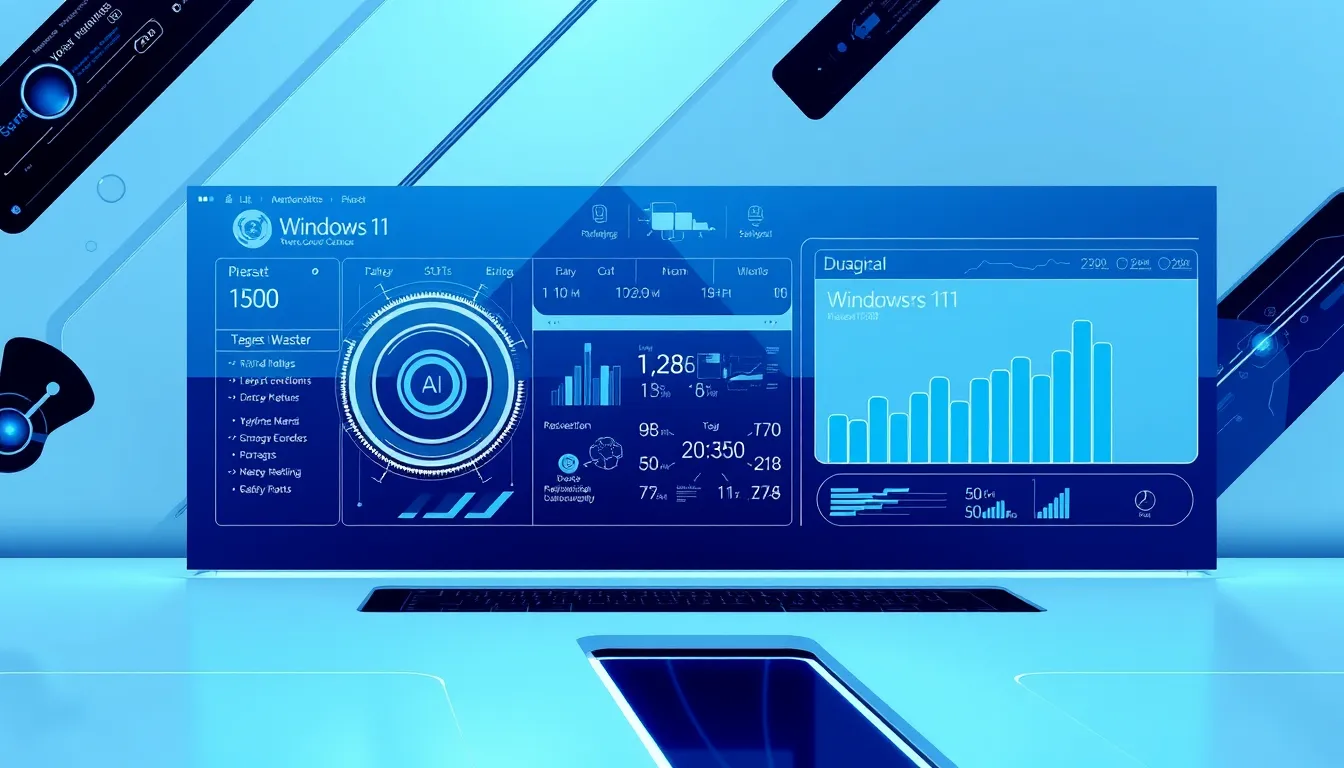Now Reading: Revolutionary AI in Healthcare Diagnostics: Outcomes
-
01
Revolutionary AI in Healthcare Diagnostics: Outcomes
Revolutionary AI in Healthcare Diagnostics: Outcomes

Revolutionary AI in Healthcare Diagnostics: Outcomes
The landscape of modern medicine is undergoing a profound transformation thanks to the integration of advanced artificial intelligence (AI) solutions. AI in healthcare diagnostics is paving the way for more accurate interpretations of medical data, leading to improved patient outcomes and more efficient treatments. This article delves into how AI in healthcare diagnostics is revolutionizing medical practice and what it means for patients and providers alike.
Understanding AI in Healthcare Diagnostics
AI in healthcare diagnostics encompasses the use of computer algorithms and machine learning models to analyze complex medical data. By automating image analysis and predictive modeling, these technologies enhance the speed and accuracy of diagnosing diseases. The application of AI not only aids in interpreting medical imaging but also supports clinicians in making precise decisions. For instance, deep learning techniques are widely used to distinguish between benign and malignant tumors in radiological scans.
The Science Behind AI and Medical Imaging
A major focus area is AI medical imaging, where algorithms process and analyze images from X-rays, CT scans, and MRIs. This section explains how these systems work:
- Data Collection: Large volumes of medical images are gathered to train AI models.
- Algorithm Training: Machine learning techniques empower systems to recognize subtle indicators of disease.
- Continuous Improvement: With every new image analyzed, the system refines its accuracy.
By leveraging these data-driven processes, AI in healthcare diagnostics not only minimizes human error but also provides a second opinion for critical cases. The integration of this technology means that healthcare providers can offer more personalized and timely care.
How AI Improves Diagnostic Accuracy
One particularly impressive aspect of AI in healthcare diagnostics is its ability to improve diagnostic accuracy. How exactly does this happen? The answer lies in its capacity to analyze patterns that remain undetectable to the human eye. Consider the following benefits:
- Faster Analysis: AI systems analyze images in seconds rather than minutes, expediting the diagnostic process.
- Consistent Performance: Unlike humans, AI does not suffer from fatigue, ensuring consistent accuracy throughout the day.
- Enhanced Precision: Detailed analysis allows clinicians to detect early signs of diseases that might otherwise be missed.
Healthcare institutions are already witnessing a paradigm shift where traditional diagnostic methods are being supplemented with AI-powered insights. For further reading on technological advancements in diagnostics, visit the National Institutes of Health.
Applications of AI in Medical Imaging
The practical applications of AI in healthcare diagnostics are continuously expanding. In the field of radiology, for example, physicians are utilizing AI tools to evaluate lung scans, spot fractures, and monitor disease progression. Similarly, oncology benefits enormously from early detection facilitated by predictive AI analysis, where algorithms assess tumor characteristics and predict potential malignant behavior.
Enhancing Patient Care and Outcomes
Improvement in patient care is not just a technological achievement—it is reflected in everyday clinical practices. By incorporating AI in healthcare diagnostics, hospitals can reduce waiting times for results, thereby enabling faster treatment decisions. Additionally, the integration of electronic health records with AI systems provides a holistic view of a patient’s health status, allowing for more targeted interventions. For regulatory insights and safety practices, refer to the guidelines provided by the U.S. Food and Drug Administration.
Challenges and Considerations
Despite the promising benefits, the widespread adoption of AI in healthcare diagnostics comes with its own set of challenges. One significant concern is data privacy. Medical institutions must ensure that any AI application complies with stringent data protection standards. Furthermore, the integration of AI requires investment in both technology and training, making it essential for stakeholders to balance innovation with practicality.
Overcoming Common Obstacles in AI Adoption
Addressing the challenges head-on involves:
- Implementing robust cybersecurity measures to protect patient data.
- Providing comprehensive training for clinical staff to effectively use AI tools.
- Collaborating with technology providers to ensure the AI systems are continuously updated and compliant with the latest medical standards.
These steps can help mitigate risks and foster trust among healthcare providers and patients. By addressing these challenges, the promise of AI in healthcare diagnostics can consistently deliver improved patient care and outcomes over time.
Conclusion
The rise of AI in healthcare diagnostics marks a significant milestone in the evolution of medical technology. With its ability to analyze complex medical data efficiently, AI is transforming the way diseases are diagnosed and treated. As healthcare providers continue to adopt these technologies, patients can expect more accurate diagnoses, quicker results, and ultimately, better care. Embracing AI in healthcare diagnostics is not just a technological upgrade—it represents a commitment to advancing patient care in the modern age.
In summary, AI in healthcare diagnostics is revolutionizing traditional methodologies and setting a new standard for medical excellence. As the technology evolves, continual improvements in diagnostic accuracy and patient care are anticipated, ensuring that the future of healthcare remains bright and innovative.

























